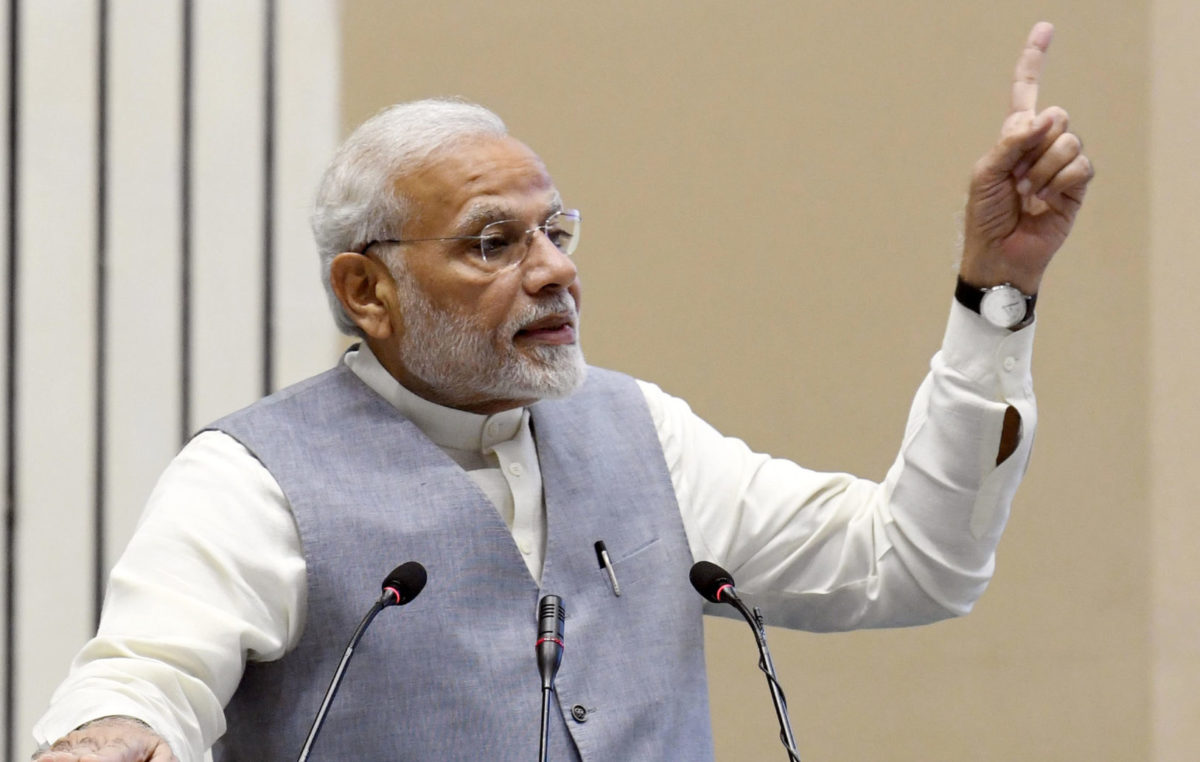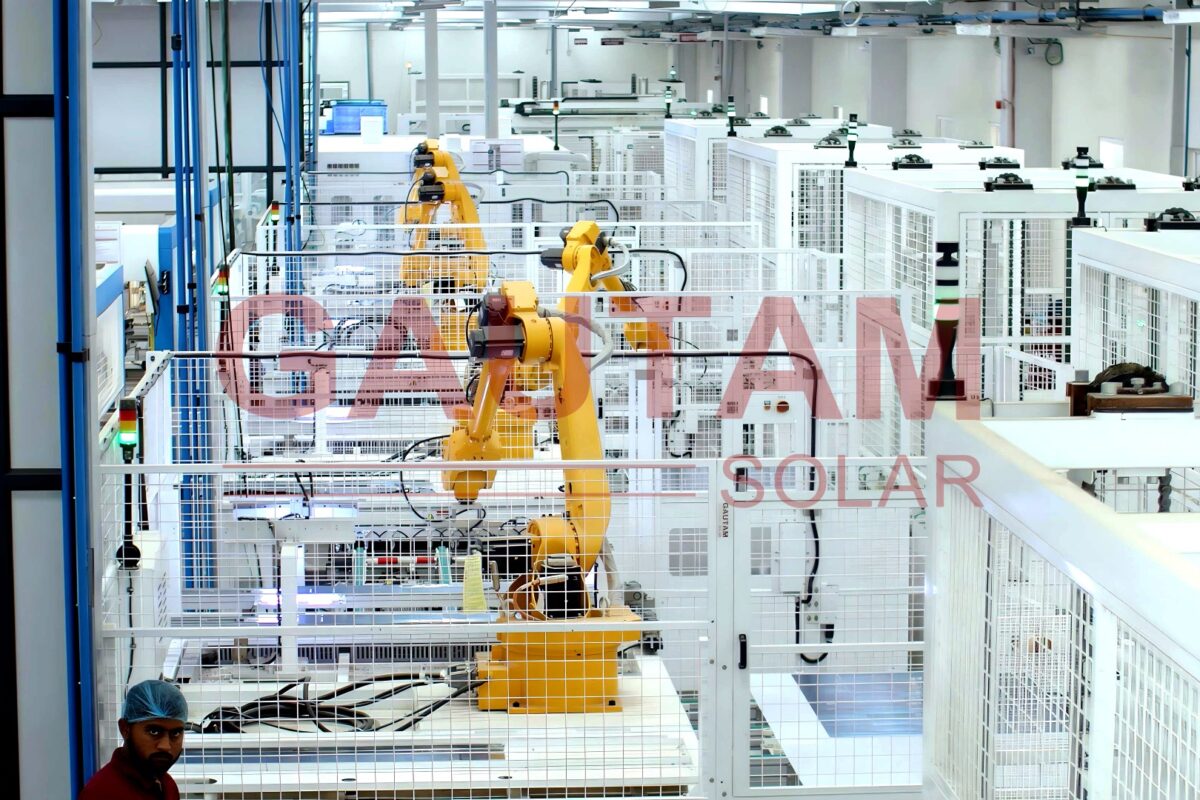From pv magazine global.
With memories still fresh of the manner in which Europe cast away its first mover advantage in PV manufacturing through lack of an industrial policy, the EU is determined to avoid a repetition when it comes to batteries.
Northvolt, the company founded by Swedish entrepreneur Peter Carlsson to establish a lithium-ion battery cell gigafactory factory in his home country, says it has secured $1 billion (Rs6,955 crore) in equity funding for the project, to bring the goal a step nearer.
Northvolt said a consortium of investors led by Volkswagen Group and Goldman Sachs’ merchant banking division – and including BMW Group, Swedish insurer Folksam Group and the Ikea-linked IMAS Foundation – raised the funds. The European Investment Bank had earlier approved a $400 million loan for a 16 GWh lithium-ion battery manufacturing site in Sweden.
Northvolt has an operational research lab in Västerås, two battery cell factories under construction in Swedish Lapland (Skellefteå) and a battery systems factory in Gdańsk, Poland which is already in production. The new funding injection will be used to expand the Northvolt Ett site in Skellefteå into a gigafactory, said the company, which added construction will start in August. Northvolt said it has already entered several supply agreements with a combined order value of more than $13 billion through 2030.
Second gigafactory
“Northvolt Ett will serve as Northvolt’s primary production site hosting active material preparation, cell assembly, recycling and auxiliaries,” said a company statement. “The gigafactory will be expanded to at least 32 GWh [capacity].”
In addition to the Swedish gigafactory, Volkswagen and Northvolt are planning a 50/50 joint venture to establish another 16 GWh battery cell factory, with Salzgitter in Lower Saxony, Germany, the favored location. To that end, Volkswagen is investing around $1 billion alongside its partner. The companies anticipate commercial production of battery cells will start by late 2023 or early 2024. The Salzgitter site could be extended to 24 GWh, Northvolt added.
Volkswagen’s electric version of its iconic Golf comes with a battery capacity of 35 kWh. A 16 GWh factory would be able to produce batteries for almost half a million e-Golfs annually.
Northvolt’s industrial partners and customers include ABB, BMW, Scania, Siemens, Vattenfall, Vestas and the Volkswagen Group.
Global ambition
“Today is not only a great milestone for Northvolt, it also marks a key moment for Europe that clearly shows that we are ready to compete in the coming wave of electrification and that we will do so using battery cells which carry the lowest CO2 footprint possible,” said co-founder and CEO Carlsson. “With these world class financial and industrial partners coming together and getting behind our mission, we see a tremendous opportunity and momentum for further capacity expansion and product innovation over the coming years. This is only the beginning.”
The EU launched a battery alliance to elevate European manufacturers to lead the global market. The potential is tremendous, as the European Commission predicted “covering the EU demand alone requires at least 10-20 gigafactories”. In so doing, the continent could capture a market worth around €250 billion (Rs196 lakh crore) per year from 2025.
This content is protected by copyright and may not be reused. If you want to cooperate with us and would like to reuse some of our content, please contact: editors@pv-magazine.com.









By submitting this form you agree to pv magazine using your data for the purposes of publishing your comment.
Your personal data will only be disclosed or otherwise transmitted to third parties for the purposes of spam filtering or if this is necessary for technical maintenance of the website. Any other transfer to third parties will not take place unless this is justified on the basis of applicable data protection regulations or if pv magazine is legally obliged to do so.
You may revoke this consent at any time with effect for the future, in which case your personal data will be deleted immediately. Otherwise, your data will be deleted if pv magazine has processed your request or the purpose of data storage is fulfilled.
Further information on data privacy can be found in our Data Protection Policy.